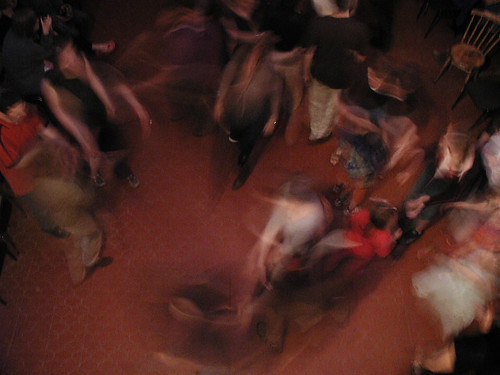This is a key statement in the Heart Sutra. All things are made up of and rely on other things. All things are interdependent. Nothing exists on its own. So, all things are one, and you and I are part of this oneness, while remaining one of the many things in this oneness.
Does the dichotomy of the sentence construction, 'Form is emptiness; emptiness is form', cause confusion? Does it suggest that they are opposites, while actually asserting that they are in fact one?
I think the structure of the sentence causes confusion if it is not carefully read, that emptiness is some kind of nihilistic nothingness. I think this is one of the most well known and most misunderstood utterances in the Zen tradition.
What do you think?
Gassho,
Soen
Does the dichotomy of the sentence construction, 'Form is emptiness; emptiness is form', cause confusion? Does it suggest that they are opposites, while actually asserting that they are in fact one?
I think the structure of the sentence causes confusion if it is not carefully read, that emptiness is some kind of nihilistic nothingness. I think this is one of the most well known and most misunderstood utterances in the Zen tradition.
What do you think?
Gassho,
Soen


Comment